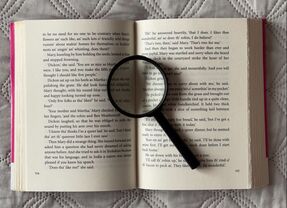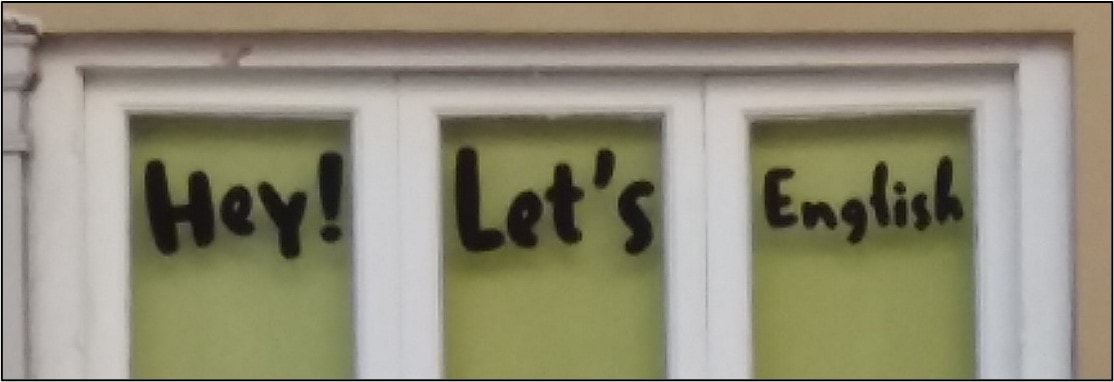I’ve been editing and proofreading professionally for over 26 years. As time has gone on, I’ve become more and more tolerant of errors spotted ‘in the wild’. Yes, of course I notice mistakes, and of course these can be a bit of a distraction. But I’ve realised I’m a ‘coin-operated editor’: unless I’m being paid to check something, I’m unlikely to invest time and energy in trying to correct it. I don’t even get annoyed about mistakes any more (unless they make whatever I’m reading misleading or difficult to understand).
Tolerance
- I’ve become increasingly aware of what can go wrong when text is being published. Perhaps mistakes were identified but the author or client rejected the advice of the editor or proofreader. Maybe the text was put together under stressful conditions, making mistakes more likely. Or perhaps the wrong version of the text was sent for printing (which does happen).
- I recognise that sometimes what is considered an error in one context (or one variety of English) might be completely acceptable in another.
- There are more important things to worry about. My blood pressure would suffer if I reacted to every mistake I spotted.
Elsewhere, for example in emails and social media posts:
- I know from experience that it’s easy to overlook a mistake when you’re sending a quick message.
- If you go back and edit or rearrange your own writing, there’s always a danger of introducing errors.
- Autocorrect isn’t always as helpful as you might wish. (I think many of us have experienced this.)
Clarity and plain language
With some of her new money she also bought a very early black and white television set. Mounted in a grand wood veneer cabinet, her grandchildren clamoured to come over and watch it.
So, of course I spot errors. They’re sometimes funny and sometimes confusing – but I wouldn’t normally dwell on them (other than sometimes to think ‘I wonder how that happened…’).
What else do I notice?
Verbification
Questions of style
For example, in some US styles guides (e.g. the Chicago Manual of Style) an en dash (–) is used to join an open compound and an adjective. In UK style we don’t have such a neat solution! So when I recently came across ‘Third World–style’ and ‘anti–Viet Cong’ in Andrew Pham’s Catfish and Mandala, I was delighted. I enjoy seeing such examples of things I know about but rarely see, whether I’m reading for pleasure or in my editing work.













